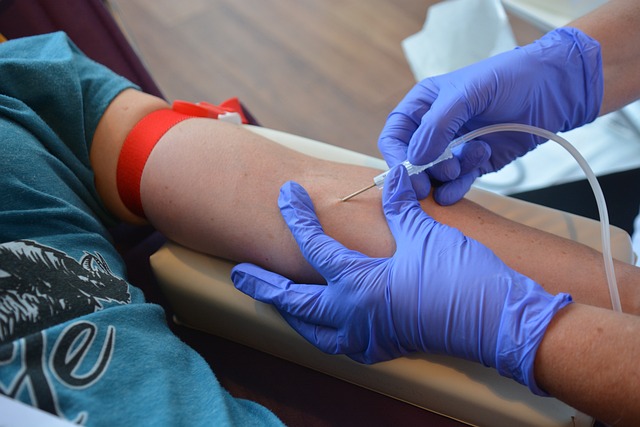
On June 15, 1667, a major medical breakthrough occurred when French physician Jean Baptiste Denis performed the first documented blood transfusion in history. This revolutionary experiment, although controversial at the time, laid the foundation for modern blood transfusion and paved the way for numerous medical advancements.
Jean Baptiste Denis, a physician from Paris, was fascinated by the circulatory system and sought ways to improve the health of patients suffering from various ailments. At the time, knowledge about the workings of blood was limited, but Denis was convinced that blood transfusion could be a promising solution.
For his first blood transfusion experiment, Denis chose to use lamb's blood, which he transfused into a young man suffering from fever. During that era, blood compatibility was not yet understood, and early attempts at blood transfusion often led to adverse reactions in patients. Despite these risks, Denis was determined to pursue his research.
The experiment was successful, and although the results were modest, it opened up new possibilities for blood transfusion. Denis continued his work and performed additional transfusions, sometimes using human blood. His research helped to better understand immune reactions related to transfusion and laid the groundwork for future advancements in the field.
However, the practice of blood transfusion was marred by controversies and ethical issues at the time. Early attempts were often performed without considering blood compatibility, resulting in severe, sometimes fatal, reactions in patients. Furthermore, the transfusion of animal blood raised moral and religious questions.
Despite these challenges, blood transfusion continued to evolve over the centuries, thanks to further research and medical advancements. Today, blood transfusion has become a common and essential practice in the medical field, saving many lives every day.
The first blood transfusion performed by Jean Baptiste Denis on June 15, 1667, remains a significant milestone in the history of medicine. It paved the way for subsequent discoveries about the workings of blood and blood compatibility, leading to major medical breakthroughs in the field of transfusions and blood treatments. Today, we pay tribute to this fundamental step that laid the groundwork for modern transfusion medicine.
fsHH, Pixabay, https://pixabay.com/photos/blood-donation-volunteering-7509463/


0 comments: